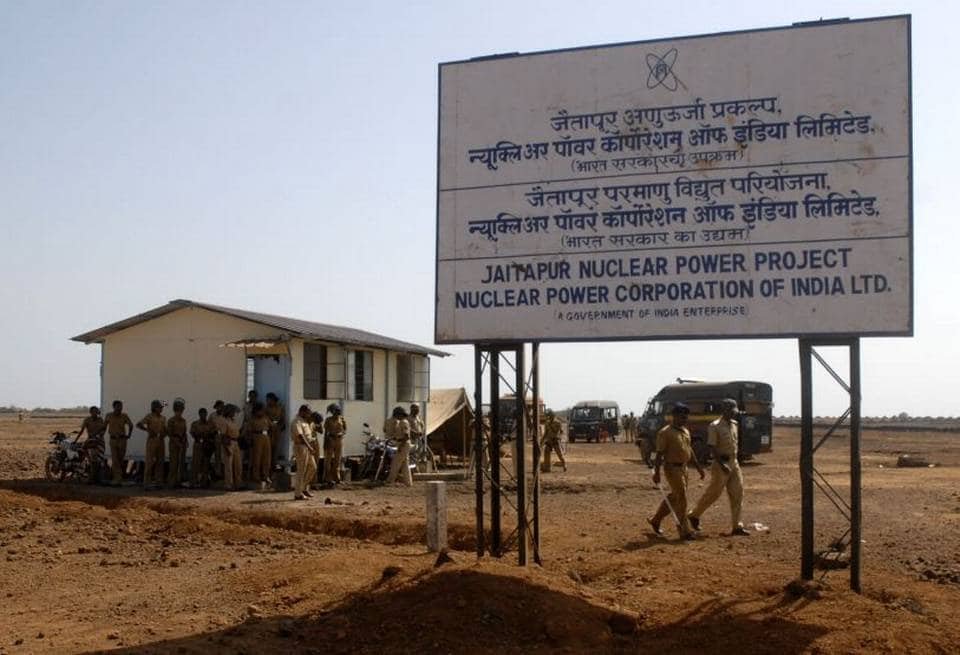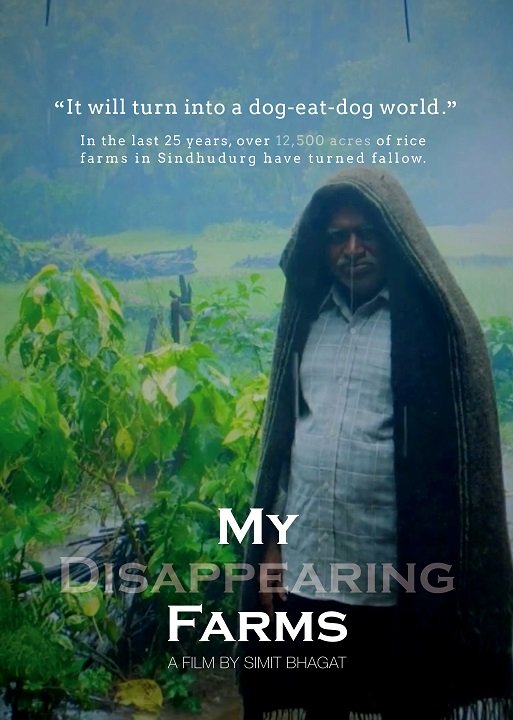Simit Bhagat is a documentary filmmaker, writer and development practitioner based out of Mumbai, India. He is passionate about environment, art, developmental issues and uses his storytelling abilities to highlight critical issues using his experience in films, journalism and photography.
On his travels over the decade, he has stayed with the Madia Gond tribe in the heart of Naxal belt in Gadchiroli in Maharashtra, interviewed captured Somalian pirates, visited hostile Kashmiri villages for flood relief work and solo travelled on his bike across Uttar Pradesh and Bihar to record Bhojpuri folk musicians.
Simit is the Founder of Simit Bhagat Studios, an award-winning creative agency that focuses on the third sector. He also founded The Bidesia Project that works on conserving Bhojpuri folk culture by archiving, reviving, and promoting oral music traditions. This project has emerged out of his first feature-length documentary film – In Search of Bidesia – that narrates the stories of various folk musicians from Uttar Pradesh and Bihar in India. The film won the Best Music Documentary award at the prestigious 2021 Royal Anthropological Institute’s (RAI) Film Festival in Britain.
View Teaser Below
“I came across Bhojpuri folk music for the first time in 2016, during an official trip to Uttar Pradesh. I was so moved with the music that I wanted to know more. Finally, in early 2017, I loaded my motorbike on a train from Mumbai and reached Allahabad and started my solo musical journey.
Over the next two weeks, I rode across remote villages of Uttar Pradesh and Bihar, meeting people and recording their folk music. People welcomed me into their homes to give me a first-hand experience of their lives and their oral music traditions, which is unfortunately under threat due to lack of written documentation, performers and changing lifestyle.
By the end of the trip, I had recorded a 1 TB hard disk full of traditional songs and covered over 1,200 kms across the Bhojpuri region. It is this journey that has now evolved into…”
|
My fingers have tired, counting the days
Simit has been making documentary films since 2015 on a range of issues related to environment, livelihoods, gender and development.
“Story telling through documentary films has always fascinated me. The hard-hitting political documentaries of Anand Patwardhan and his curiosity to seek answers through crude filmmaking style has inspired me.”
Simit’s earlier short documentary film ‘Transforming Lives through Eco Tourism’ was about the transformation of a group of semi-literate women from a small coastal village in Maharashtra, India to tourist guides and entrepreneurs.
This initiative was implemented by the Maharashtra Mangrove Cell under the Government of India (GOI) – United Nations Development Programme (UNDP) – Global Environment Facility (GEF) Project.
|
An alumnus of University of Sussex, UK, Simit has worked over a decade in different capacities, with some of the largest development and media organisations including Thomson Reuters Foundation (TRF), Tata Trusts, Maharastra Mangrove Cell and The Times of India.
“Each of my jobs was a natural progression for me in the social development sector as I grew from implementing a UNDP-funded marine biodiversity conservation project at the grassroots level to spreading pro bono legal practice across South Asian region. Working at Tata Trusts gave me the perfect opportunity to travel to some of the most remote places in India and support NGOs carrying out social development work in the Media, Arts and Culture portfolio.”
As I look back, images of picturesque Niyamgiri Hills (South Odisha) during the monsoon, a cold Ganges in the hills of Uttarakhand, the semi-arid region of Barmer, and numerous faces of people, who have been touched by the development interventions cross my mind.
“Seeing the situation of struggling farmers in Konkan, Maharashtra, I decided to make my first documentary film – My Disappearing Farms.
In the last two decades, over 12,500 acres – equivalent to the size of 4,000 cricket grounds – of rice farms in Sindhudurg have turned fallow, as farmers migrate to large cities, in search of better opportunities.
“Konkan will soon be next Vidarbha, warns documentary”
The film received a good response. It was nominated and screened at various film festivals across India including the prestigious CMS Vatavaran Environment and Wildlife International Film Festival 2017 in New Delhi.”
|
Before moving into social development sector, Simit worked as a Senior Correspondent with the Times of India in Mumbai. He reported on issues related to environment, climate change, development and railways. He also covered the United Nations climate change summit (COP-15) in Copenhagen, Denmark and produced stories on climate change impact, negotiation and politics.
“Can’t settle for less than Kyoto: PM”
His over 1,000 articles and photographs have been published by The Times of India, Daily News and Analysis (DNA), UNDP – India and Tata Trusts.
Articles

How Mumbai lost it's animal instincts

Aden patrolling send piracy east


